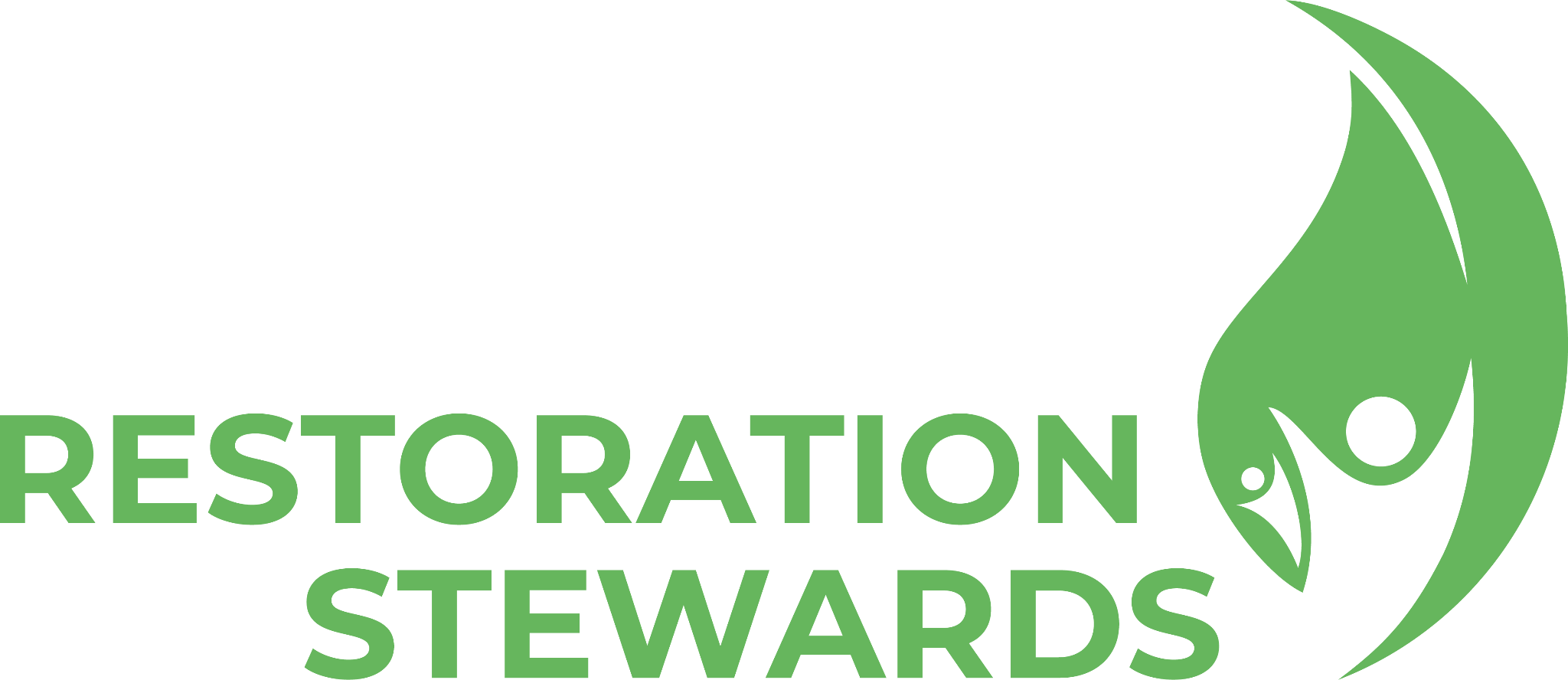Why I’m restoring my childhood landscape
There was a time when life was simpler!
I was born and raised in Kiirua, a rural village in Meru County, Kenya, and my childhood was simply beautiful.
Serenity, greenery and joyful bird tweets alarming our mornings were the things I grew up with. Climbing trees, harvesting fruits (which were so plentiful then), playing hide and seek on wheat farms, and making planes from maize leaves and stalks – were games we knew and enjoyed playing. In the evenings, we went fetching firewood communally in a nearby forest and sang along to traditional songs with our neighbours on our way back, making a five- to ten-kilometre journey feel like just one kilometre.
Change is as good as rest: soon, I was a teenager and moved to another county for higher education. Over the holidays, I noticed new faces, new houses and the communal warmth that came along with that. It was beautiful that we were growing as a village and that modernization was slowly catching up with us.
However, it was hard to miss the fact that the cool breeze I grew up knowing was also getting warmer. Complaints about poor performance in farm production were now also familiar. Desperate times led to desperate measures, and from a village that mostly relied on agriculture for livelihood, we shifted to selling trees to the fast-rising timber yard enterprises. Buildings started to replace trees and farms.
I remember how accomplished we felt when the first four-storey building was constructed in our market. On the other hand, I knew modernization had its price. Instead of firewood, which we fetched from tree branches, we opted for charcoal as the smoke had choked us enough. This added to the large numbers of tree felling as the demand was so high. All of these environmental-harming behaviours left us vulnerable – together with the whole planet – to the effects of climate change.
But not all is lost, and vulnerability also has its cure. The cure is knowledge because knowledge is power. For that, I will be forever grateful to my mom for investing in my education. As a passionate community developer, I always knew that I wanted to be the change I sought to see, and that would mean beginning my charity at home.
In September 2020, Save Mama Earth Program was born. The program aimed to support my community to bring back the green, clean and beautiful environment I used to know. We began by partnering with schools and local farmers in planting trees. Our interactions with the communities made me realize that there was a huge knowledge gap in restoration and conservation. This shifted our main focus to educating and mentoring our targets, especially children so that they could grow with the culture and wisdom of taking care of the environment.
The past year and a half have been a beautiful journey for me, as the small steps we started with, have now birthed enthusiastic environmental champions. We now focus on both planting and growing trees, and we’ve held community clean-up activities in the company of our environment champions, where we also educate the community’s members to respect and safeguard the environment.
I am very thankful to the GLF for choosing me as this year’s Restoration Steward for forests. The GLF support will enhance our restoration efforts as we are planning to establish a green space that will host both a greenhouse with assorted tree nurseries and a learning space for our target groups. We will also seek to restore a man-made forest at one school (Mama Day School) that we work closely with, which measures about half a hectare. Additionally, we will have one community outreach program with local farmers, aimed at encouraging agroforestry, and one exchange visit for our children mentees to a neighbouring community forest to help them see our long-term goal.
I am filled with hope that there is a great chance to restore our planet’s health when we work collaboratively. The fact that I have been chosen to be the change and so far encouraged others to join me in being green change agents in various aspects, especially in forest restoration, means that we are all so close home.
Yes, It Is Possible, and We Will Make It!

